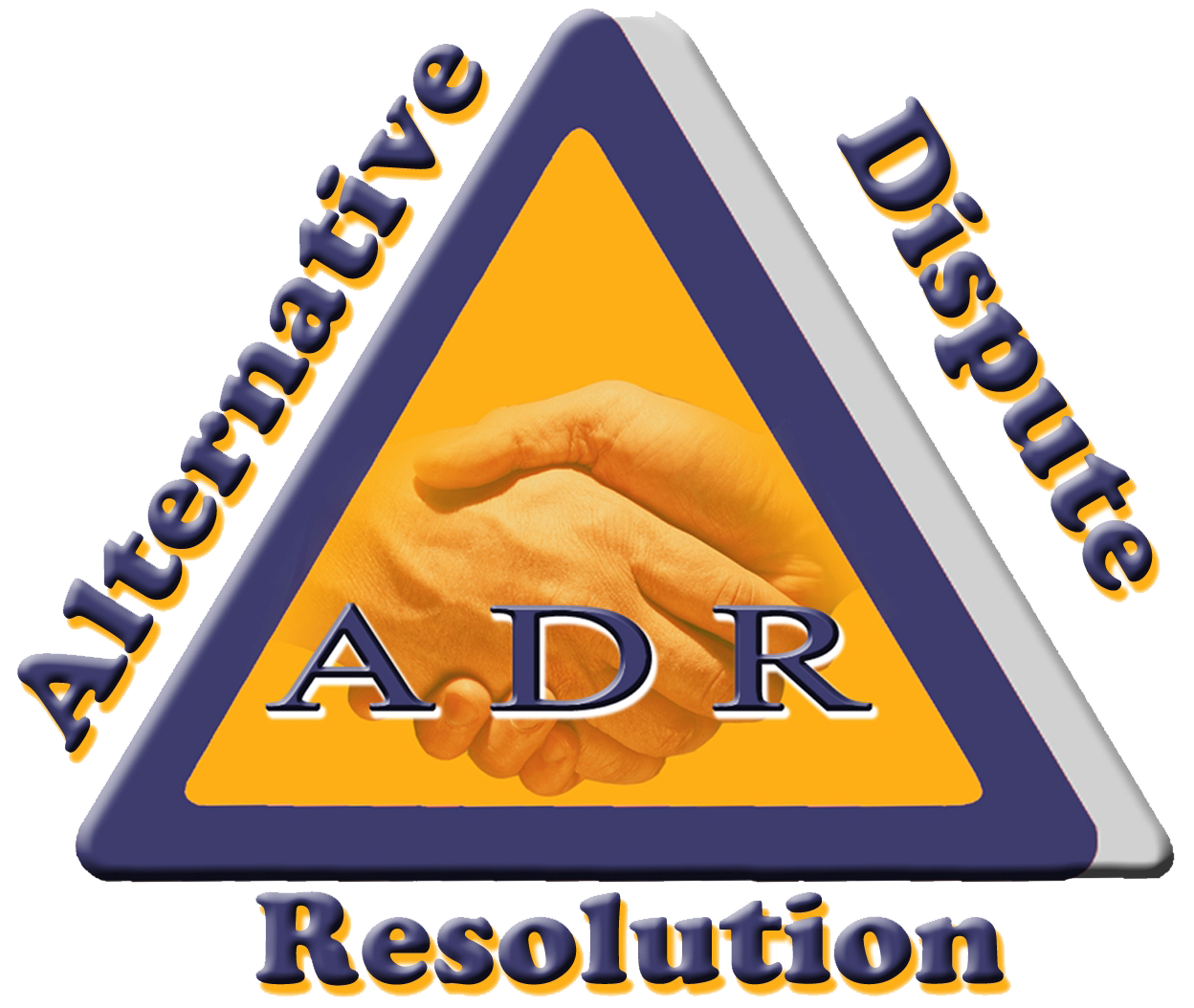Everything that relates to our society is governed by laws and business is no exception. Business law refers to the laws that apply to business entities, such as partnerships and corporations. In another sense, business law or commercial law is simply a body of law that governs every aspect with regards to conducting business. This covers but not limited to the commerce of the sea, transportation of goods, guarantees, marine life, and natural disasters pertaining to the economic status and business relations, life of the people concerned, employment, intellectual property, insurances, and conformities of partnerships.
19 Lessons
Updated: May 2025

